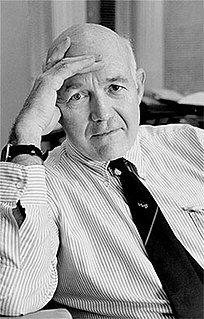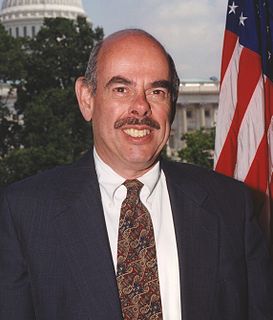A Quote by Rohini Nilekani
The urbanising middle class of the 1960s and 1970s had schools, hospitals, roads, energy services, even cultural institutions - all created by the state, or under its aegis. When liberalisation came along, they were poised and ready for take-off.
Related Quotes
If I were transported into my father's shoes, I would have been a Labour supporter, too, because in the 1960s and even in the 1970s, the Conservatives weren't standing up for working people; there was too much of an interest in corporatism, and that didn't start to change till Margaret Thatcher came along.
It is fitting that the Government of the United States should assume the obligation of the establishment and maintenance of a first-class university for the education of colored menand I wish to put in this caveatthat the colored race today, all of them, would be better off if they all had university education.... Of course, the basis of education of the colored people is in the primary schools and in industrial schools.... In those schools must be introduced teachers from such university institutions as this.
I agree that income disparity is the great issue of our time. It is even broader and more difficult than the civil rights issues of the 1960s. The '99 percent' is not just a slogan. The disparity in income has left the middle class with lowered, not rising, income, and the poor unable to reach the middle class.






































